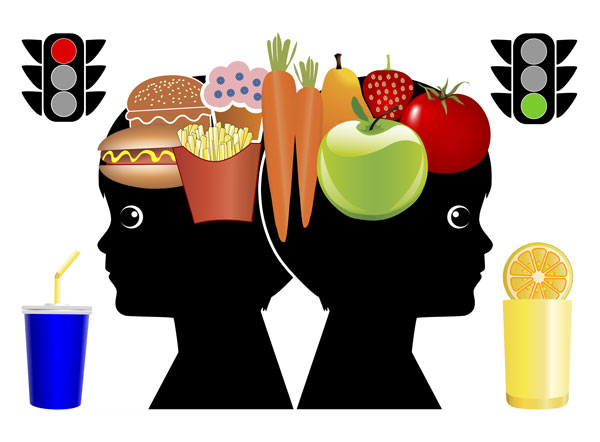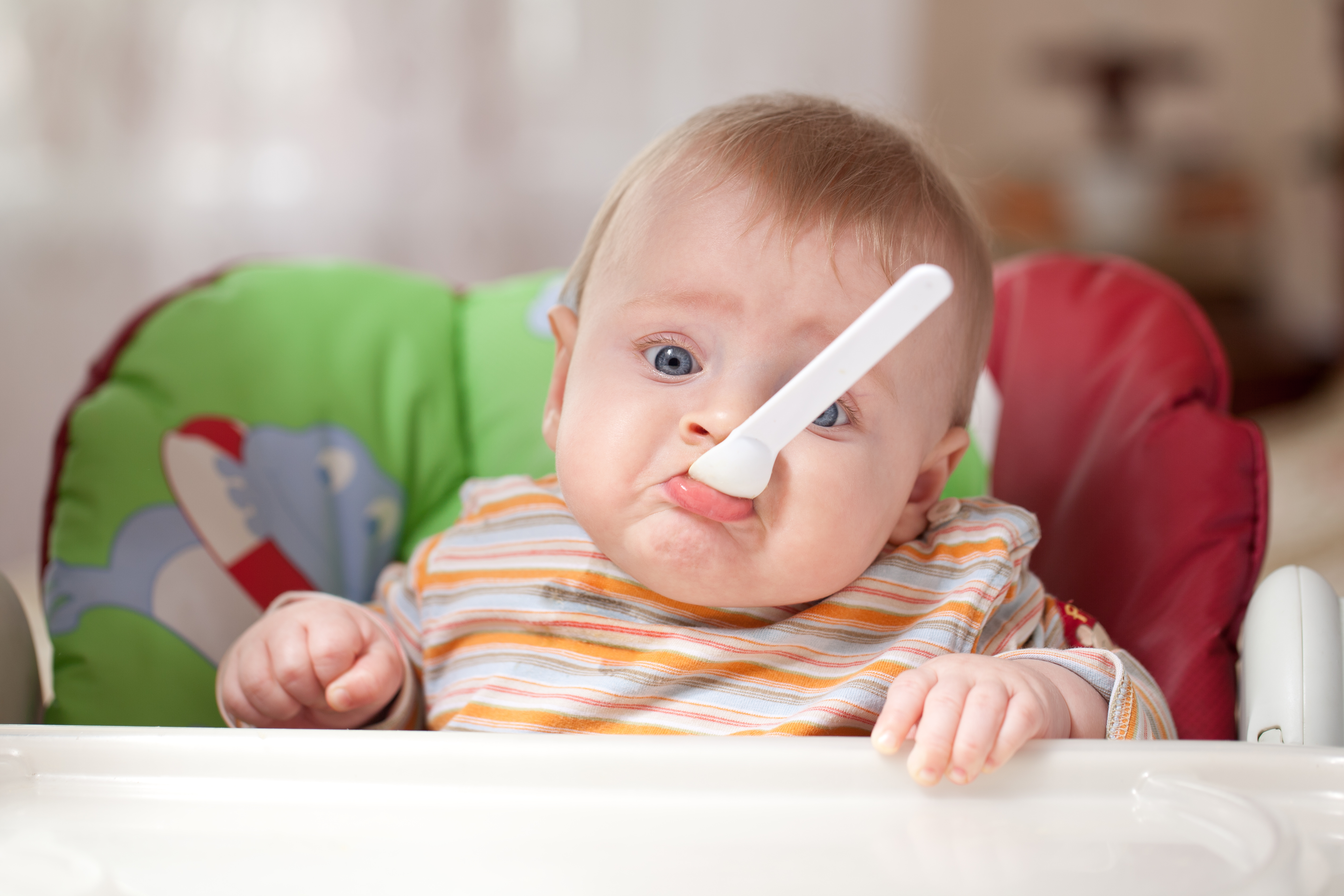Join the thousands of parents already raising smarter, happier babies with our online baby classes: The Active Babies Smart Kids series. Click here.
GymbaROO-KindyROO kids are excelling academically, emotionally, in leadership roles and on the sporting field. Find us at: GymbaROO-KindyROO
Researchers at the UNSW Australia have released findings that have shed light on just how much damage sugary drinks can do to young, developing brains.
Looking at rats, the researchers Jayanthi Maniam and Margaret Morris examined and compared the impact on the brain of drinking high volumes of sugary drinks after weaning and that of early life stress.
“It is known already that adverse experiences early in life, such as extreme stress or abuse, increase the risk of poor mental health and psychiatric disorders later in life. The number of traumatic events a child is exposed to is associated with elevated concentrations of the major stress hormone, cortisol,” said the researchers.
Also, ongoing scientific evidence demonstrates that “childhood maltreatment is associated with reduced brain volume and that these changes may be linked to anxiety,” they said.
…and the results of sugary drinks on the brain?
In the rats that drank high volumes of sugary drinks: “The changes we observed to the region of the brain that controls emotional behaviour and cognitive function were more extensive than those caused by extreme early life stress,” said the researchers.
They determined the findings by examining a part of the brain important for both memory and stress, called the hippocampus.
“Chronic consumption of sugar in rats that were not stressed, produced similar changes in the hippocampus as seen in the rats that were stressed but not drinking sugar,” they said.
“Early life stress exposure or sugar drinking led to lower expression of the receptor that binds cortisol, which may affect the ability to recover from exposure to a stressful situation.”
The study also showed that just drinking sugar from a young age was sufficient to reduce other genes important for the growth of nerves such as the gene Neurod1.
Should we be concerned?
In short – Yes.
“The changes in the brain induced by sugar are of great concern given the high consumption of sugar-sweetened beverages, with particularly high consumption in children,” said the researchers.
“The fact that drinking sugar or exposure to early life stress reduced the expression of genes critical for brain development and growth is of great concern.”
Rats vs Humans
Are findings in rat brains comparable to what may happen in human brains?
The researchers explained:
- While it is impossible to perform such studies in humans, the brain circuits controlling stress responses and feeding are conserved across species.
- People who were exposed to early life trauma have changes in the structure of their hippocampus. In humans, those consuming the most “western” diet had smaller hippocampal volumes, in line with data from animal models.
- The rats were exposed to high sugar intakes during development and the impact of the sugar is worrying as it may affect brain development, although further work is required to test this.
Source: Read the original article.
But wait, there’s more
Read recent research: Your child’s health: Soft drinks linked to cancer
Nutrition for optimal brain development
Sugar is definitely an ingredient to be cautious of when it comes to your children’s diets, however is not the only ingredient that affects brain development. Here are some nutritional guidelines from GymbaROO-KindyROO for optimal brain development.
- Water is the preferred drink for all children. Filtered water is preferred to remove added chemicals. Eliminate fizzy drinks and cordials, and keep sweet fruit juices to an absolute minimum. Never offer sweet drinks to toddlers and young children in sip cups.
- Avoid all processed foods, especially for children under the age of two years – i.e. processed meats such as ham, salami, MSG and additive laden biscuits, rice crackers, chips, 2 minute noodles, popper fruit drinks, brightly coloured foods and white bread.
- Read labels. Chose food items with no harmful additives. Even every day staples like bread and margarine have additives – colourings, flavourings and preservatives in them.
- For babies, puree fresh seasonal fruits and vegetables. Wash them before cooking.
- If your baby or child displays any signs of food intolerances, seek advice from a nutritionist or dietitian and get help working out which food groups are irritating your child’s body and brain. It may be cow’s milk, wheat, those containing salicylates (i.e. tomatoes, oranges, strawberries etc.) or others.
- Buy organic if you can.
Read our full article here: How Diet Affects Brain Development.
Bindy Cummings is a teacher, GymbaROO early childhood neurodevelopmental consultant and early childhood development lecturer. She is the Editor of GymbaROO’s ‘First Steps’ magazine. More on Bindy Cummings here.
GymbaROO-KindyROO
Thousands of parents, babies and children are presently involved in our programs and creating rising stars. GymbaROO-KindyROO kids are excelling academically, emotionally, in leadership roles and on the sporting field. Come join all the fun and learning! “GymbaROO – The best decision I ever made for my child.” Classes from 6 weeks old – 7 years GymbaROO KindyROO
Active Babies Smart Kids – Online Baby Classes
GymbaROO-KindyROO’s online series of baby classes is taking the parenting world by storm! It is highly recommended by doctors, paediatricians, early childhood experts and the Maternal Child and Family Health Nurses Association. This series is being called: “The essential guide for parents”. Join the thousands of parents already playing with their babies from birth, in the best way for brain and body development and laying crucial foundations for future learning. What happens in the first year, not only matters, it matters a lot! Introductory video below.
Active Babies Smart Kids online series – Click here.
Try the first class FREE! Click here to watch our Active Babies Smart Kids Episode 1 – Tummy Time
Enjoy the following GymbaROO-KindyROO articles
GymbaROO-KindyROO: Who, what, where, why and how
All about GymbaROO-KindyROO’s online baby classes for parents and babies: Active Babies Smart Kids
How to raise a smarter, happier baby
Why active babies make smart kids
Become a GymbaROO-KindyROO franchisee
How diet affects brain development.
Help children develop healthy eating habits from the start.
Laughter assists the growing of intelligence.
Dental hygiene for babies and toddlers.
Does screen time affect your child’s brain?
Understanding tantrums – it’s all about the brain.
Click here for more GymbaROO-KindyROO article choices


